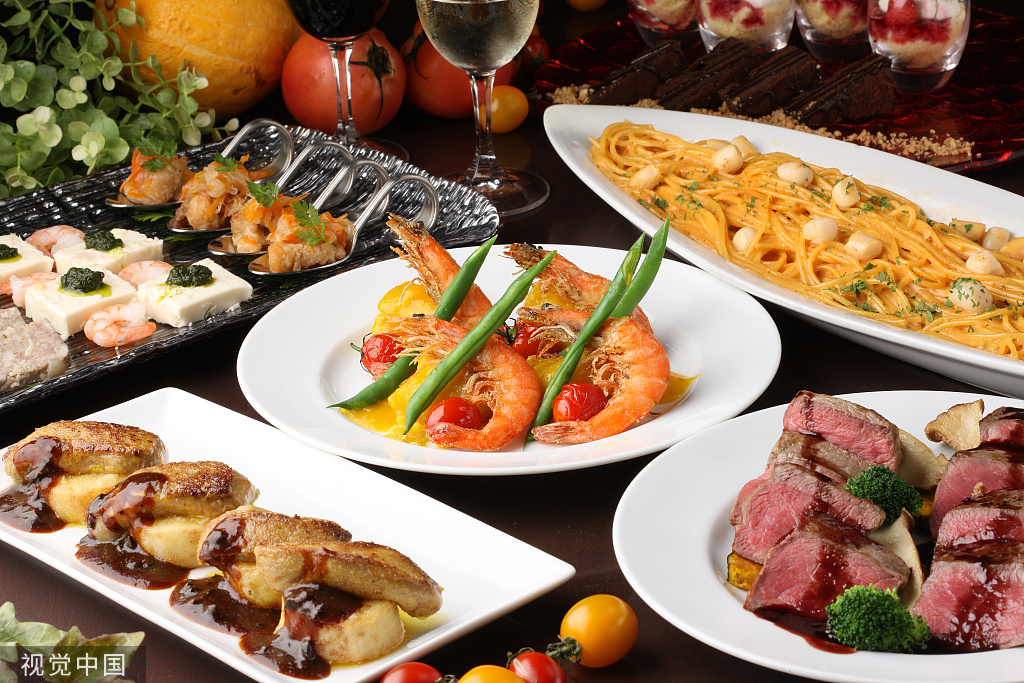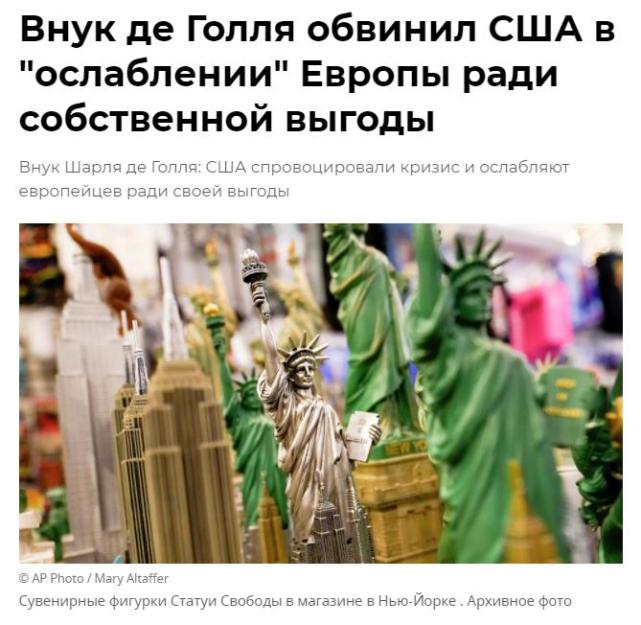US media: Find the home for the remaining food, Egypt is in action
Author:Global Times Time:2022.08.09
The US "Christian Science Proverbs" on August 4th, original topic: How Egypt sent the remaining food to the hungry person in the early morning, the waiters of the El Asle Restaurant began daily preparations. They set up a row of fruit cakes and konafa, but the target customers of these foods are not customers in high -end restaurants in the suburbs of Shibeiro. On the contrary, less than 1 hour later, an organization named Tekeya's organization will come here and quickly take away 135 flavored foods. The reason is that these desserts were made a day ago, and they were considered not fresh enough, so they could not be served on the table of high -end restaurants.

Picture source Visual China
This situation is not uncommon to have a long history of cooking. The country is the largest wasting country in the world and the 12th largest food in the world, and each family wastes more than 90 kilograms of food annually. Today, as people are more and more concerned about the negative role of food waste in global temperature changes, the Egyptian attitude is changing.
Tekeya's employees visit dozens of restaurants in the Egyptian capital every day to prevent food that can still be edible. These restaurants will pay a small annual fee so that they can notify the Tekeya away whenever they have not sold foods. Subsequently, the organization's individual users can buy these foods at half -price, and restaurants or users can also ask Tekeya to send food to their selected food banks or charity. In this way, Tekeya can prevent up to 40 plates of food every day from being poured into the trash.
Similar organizations can also be found in the West, which is also the norm, but this is rare in developing countries. Tekeya is the first such organization in Egypt, with malnutrition and insufficient nutrition in the country's cause of death of 55%. "I have seen several organizations in Europe that helps to deal with food waste. It is exciting to find the same platform in Egypt." Said Abel, the restaurant manager of the El Asle restaurant, who had cooperated with the organization for three years.
In 2019, Mena Shaxin saw that people started eating from dusk during the fasting, but the food was more abundant than usual, with an increase of 1/3, and wasted to double. She and her husband founded Tekeya together. During the second Ramadan of the platform, about 10,000 discount foods were ordered, of which about 1/4 were donated to charity by users.
In recent years, people have become more and more aware of the impact of food waste on the environment. The thrown food will rot and produce greenhouse gas methane, which is almost 30 times more harmful to carbon dioxide. So far, Tekeya has avoided at least 45,000 foods to the landfills, thereby preventing about 133 tons of carbon dioxide discharge to the environment.
The team also worked hard to ensure the quality of the food they passed, and conduct regular inspections at the same time as strict requirements. If the customer complains that the food in the restaurant is too fresh or not satisfactory, Tekeya will immediately stop cooperation. Today, the number of Tekeya users has risen steadily, and has more than 50,000 order users and 120 food suppliers in Cairo. "The concept of this organization is very amazing, especially in Egypt with serious food waste. This can easily reduce waste and save edible foods. It is a wonderful idea." Erfush said.
Like many parts of the Middle East, Egyptian officials have not moved greatly in terms of measures for food waste. "This is why I praise Tekeya's no longer. They are pioneers and paved the way for the waste of food to fight food." Said Zahira Salich, a food industry researcher at the Egyptian National Research Center.
In addition to protecting the environment and avoiding waste, Tekeya has other advantages. Egypt's soaring inflation rate and the depreciation of the currency in March this year have further exacerbated the dilemma of citizens of the country. Among them, 1/3 citizens are listed as low -income groups. Cairo Pharmacist Mohammed Rafite said: "Tekeya helps protect the environment and enables people to get low -cost food. In view of the surge in prices, this is very attractive to any user." (Author Eman Munier , Translated by Ding)
- END -
The grandson of Dai Gaulle: The United States wants to provoke new confrontation between the East and the West, the purpose is to weaken and split Europe

Comprehensive Russia and Tas News reported on the 14th that the grandson of the fo...
The 16 -year -old pregnant girl in the United States was shot and killed by an undercover police officer, and the family was compensated for $ 21 million

According to the US Business Insider website reported on the 27th, on June 24, loc...